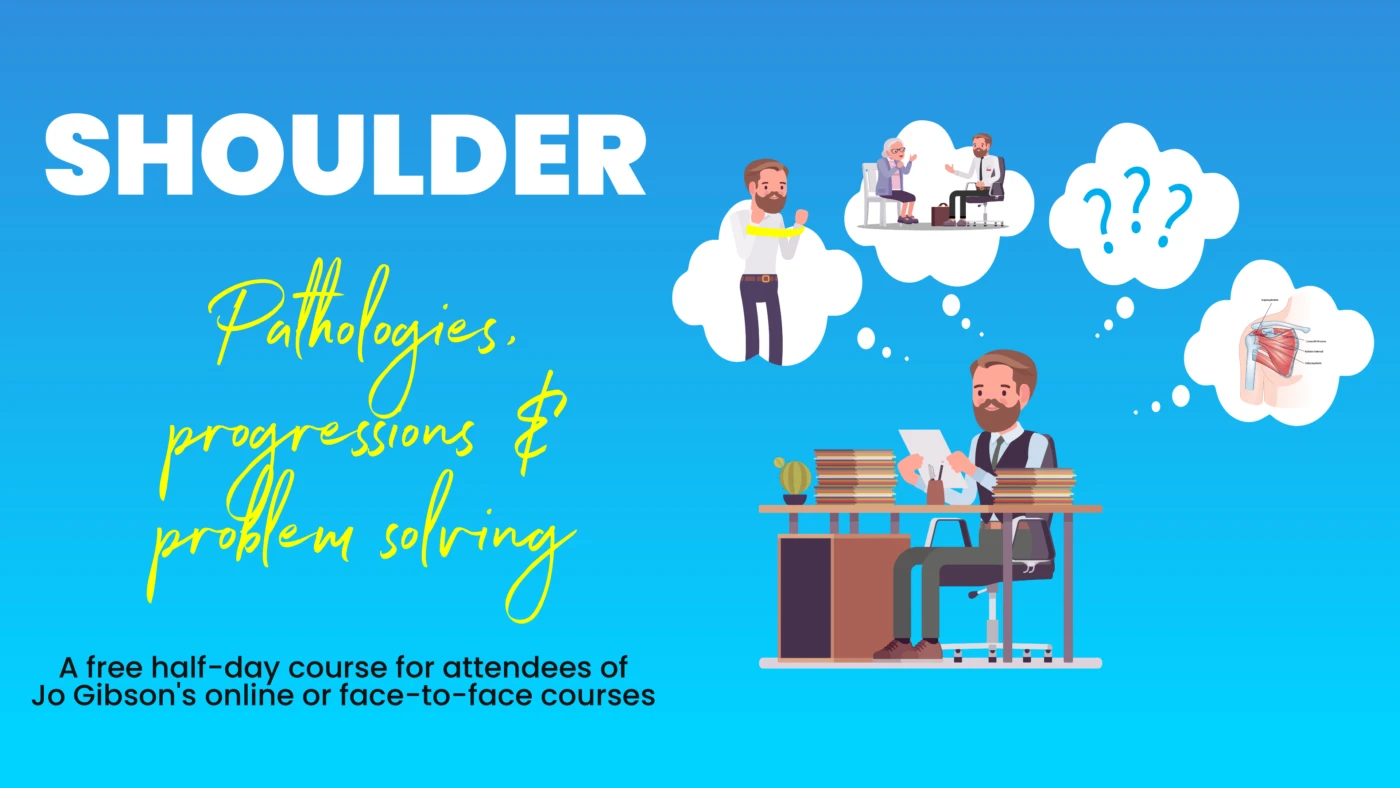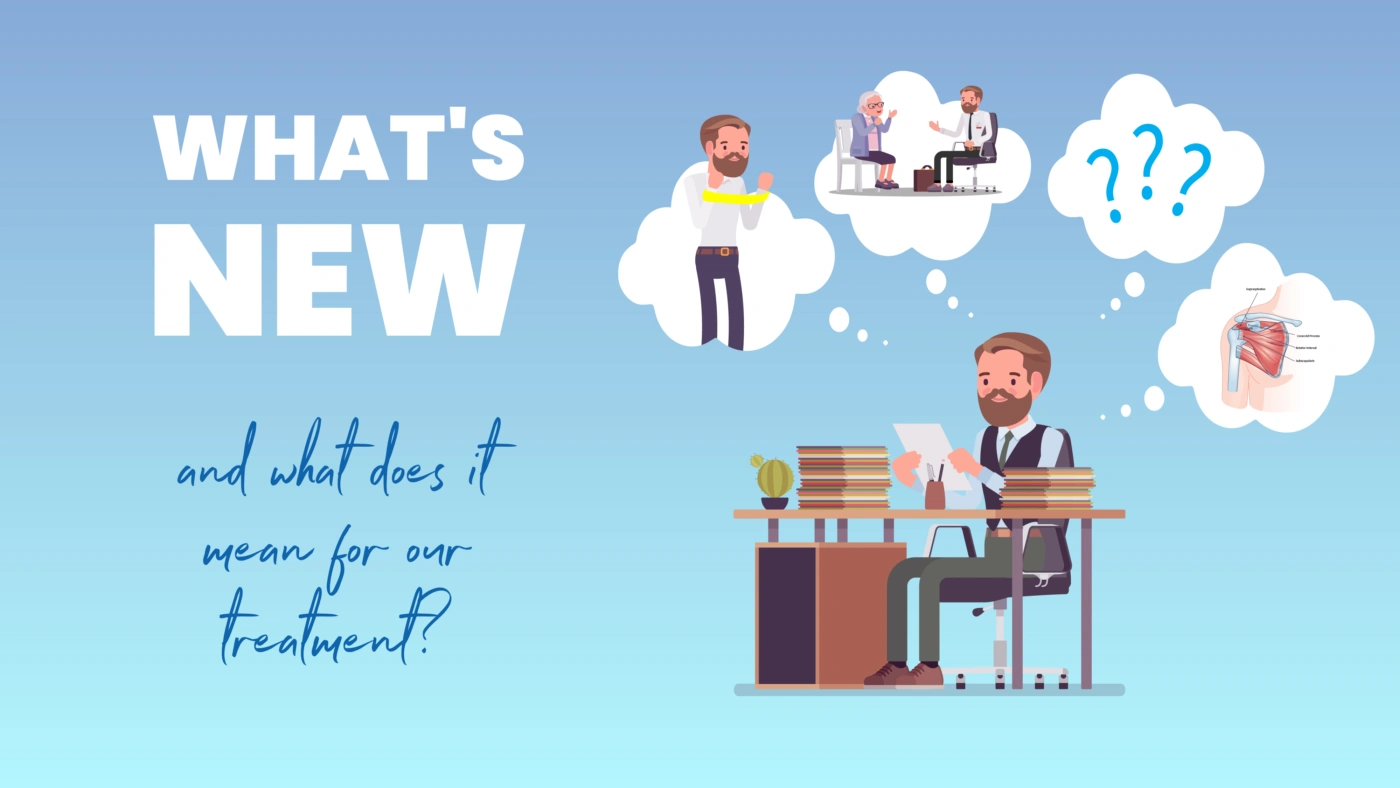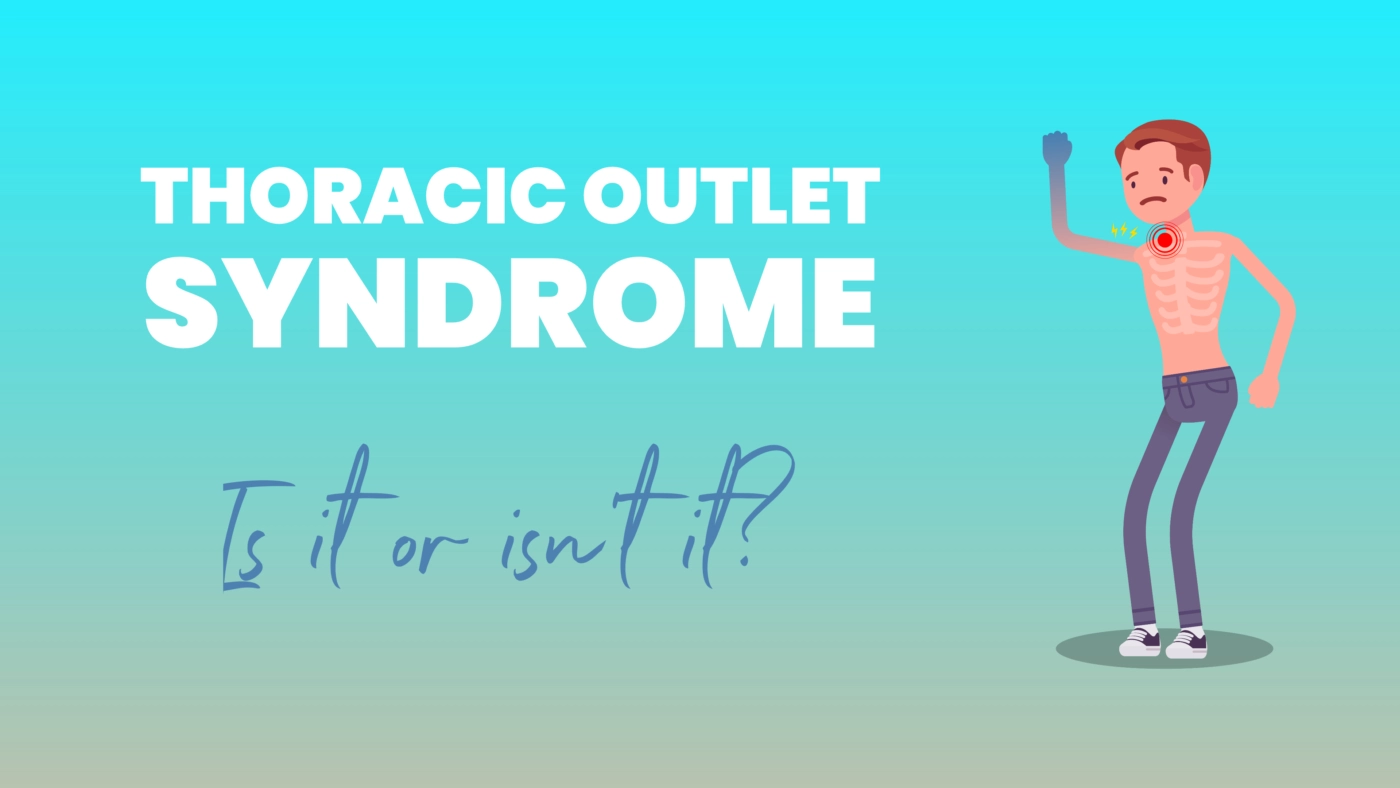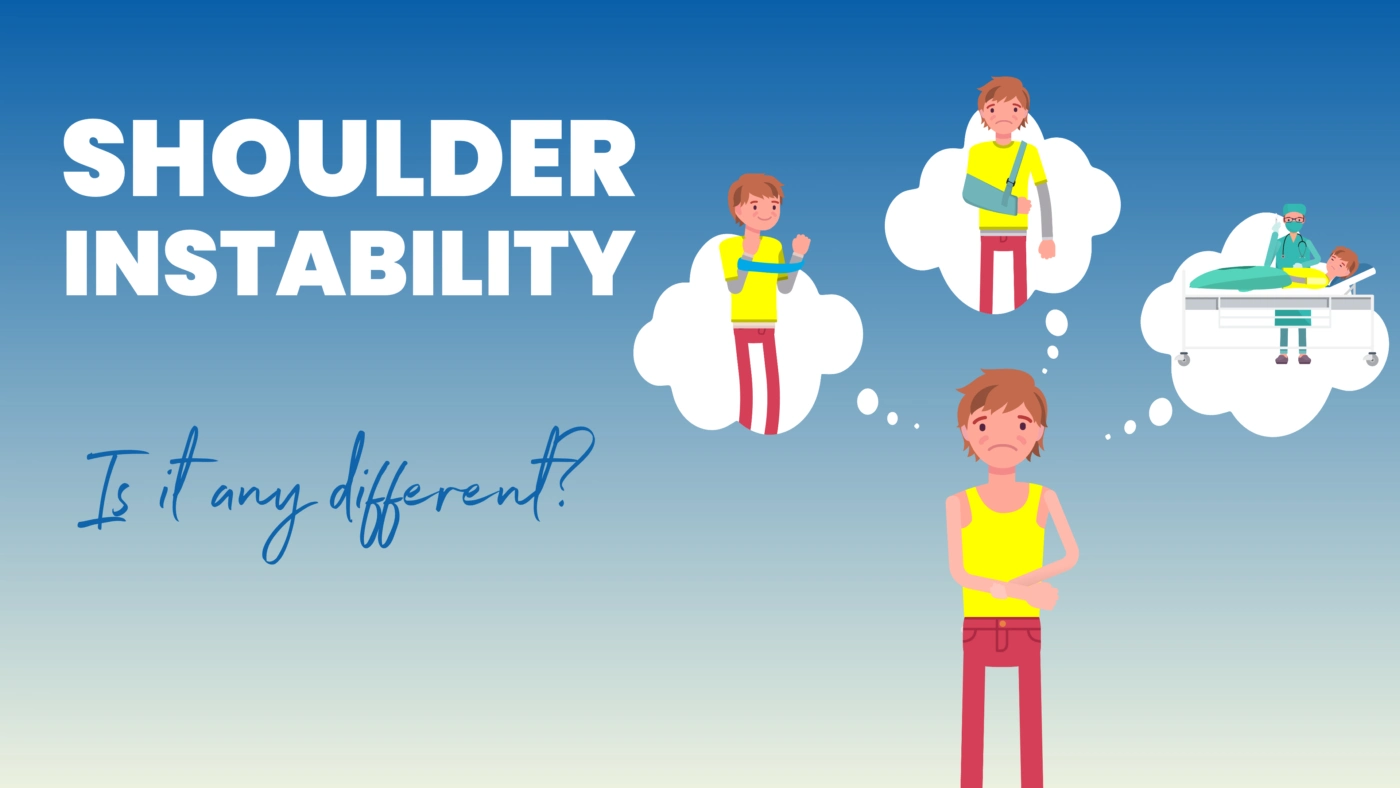
A free online shoulder course with Jo Gibson: "The Shoulder: Pathologies, progressions & problem-solving".
This course was presented live on 4 November 2023. Recordings of the course presentations are now free and available exclusively available for therapists who have previously attended any of Jo face-to-face or online courses (minimum of 7 hours) at any time in the past and with any course provider.
Immediate access to the course
Registration on the course will give you access to recordings of all four presentations for two weeks.
Want to register for this free course?
If you've previously attended one of Jo Gibson's online or face-to-face courses, please click on the Live Chat button at the bottom of this page, and we'll provide you with a pre-registration link.
If you contact us via the Live Chat outside of office hours, we'll get back to you as soon as we return.
Want to join this course but haven't attended one of Jo Gibson's courses previously?
If you have not attended one of Jo Gibson's courses, click here and register now on the Shoulder: Steps to Success online course with Jo Gibson.
With registration on the Shoulder: Steps to Success online course you'll also receive additional free access to the Shoulder: Pathologies, progressions & problem-solving course.
This course includes the following four presentations
-
Presentation 1 - What’s new, and what does it mean for our treatment?
-
Presentation 2 - Thoracic outlet syndrome: Is it or isn’t it?!
-
Presentation 3 - Shoulder instability: Is it any different?
-
Presentation 4 - When things don’t go according to plan – what next?
Presentation 1 - What’s new, and what does it mean for our treatment?

It can be tough making sense of the evidence, and understanding how it impacts our treatment, particularly when it undermines specific treatments we use and value.
What do you do when the research doesn’t provide a clear pathway forward, or you’re unsure how the evidence applies to your clinical practice and patients?
In this comprehensive discussion with Jo Gibson, we’ll explore the changing narrative and evidence-based landscape around treating patients with shoulder pain, and importantly, what it means to your management of patients. You’ll discover:
- Whether exercise really is our best intervention.
- Effective patient education – what it is, and how to provide it.
- Updated insights & updates on common pathologies, and what that means for your treatment.
- Real-life case studies that help you apply the key points from the latest research to your patients.
By the end of this presentation, you’ll feel confident you have a solid grasp on the key themes in the current literature around the management of shoulder pain, and how to use the research to treat your patients more effectively.
Presentation 2 - Thoracic outlet syndrome: Is it or isn’t it?!

Neurogenic thoracic outlet syndrome is a condition that causes a lot of confusion, debate and discussion, and clinicians often find diagnosis challenging.
In this talk you’ll explore:
- What we currently understand about neurogenic thoracic outlet syndrome.
- How to confidently make a diagnosis.
- Differential diagnosis.
- A case study to illustrate clinical reasoning and treatment options.
After this presentation you’ll be able to diagnose patients with neurogenic thoracic outlet syndrome confidently, know how to rule in or rule out each differential diagnosis, and know where to start with treatment.
Presentation 3 - Shoulder instability: Is it any different?

Shoulder instability includes a whole spectrum of presentations and can cause clinicians a lot of headaches when things don’t go well!
What should you consider when you have a patient with atraumatic instability who keeps subluxing or dislocating and you can’t change it, or someone who has had surgery and continues to report apprehension?
Does instability require different management to shoulder pain?
To help answer these questions and many more, we will consider:
- What’s different about instability.
- Key considerations in treatment decision-making.
- Persistent apprehension – why it happens and what can we do about it.
- Case studies to help inform your clinical reasoning and problem-solving.
At the end of this presentation, you will understand the key considerations in the management of patients with instability, whether traumatic or atraumatic and, importantly, where things can go wrong and what to do about it.
Presentation 4 - When things don’t go according to plan – what next?

In the Shoulder: Steps to Success online course we share a simple structured approach to assessment that immediately informs where to start with your treatment. However, we all know it’s great when things go well, and patients get back on track, but it’s frustrating and challenging when things don’t go quite so well!
As clinicians, we are really tough on ourselves when patients don’t respond to our interventions, so what can we do? In this presentation you’ll discover:
- Why improvement tests may not work and what to do if they don’t.
- Key reasons patients don’t progress and what to do about it.
- What to do when progress plateaus or symptoms worsen.
- Case studies to illustrate clinical reasoning and problem-solving.
This presentation will help you confidently problem-solve why patients are not doing as well as you hope, and importantly how to get them back on track and on the road to recovery.
Q&A
FAQ's
The course is packed full of clinically useful information. Why is it free?
Jo Gibson and Clinical Edge want to support therapists who are motivated to improve their shoulder pain treatment results.
This course is a large investment of time and effort for Jo Gibson and Clinical Edge to prepare and conduct.
We love helping clinicians, though, and providing a free course like this, along with the other resources we provide, is a way we can support you.
This course will help you stay current with the latest evidence, use the latest assessment and treatment techniques, continue improving your treatment results and love treating shoulder pain.
Can I register for the course if I have done a course with Jo Gibson that is not with Clinical Edge?
Yes, please contact us and provide proof of attendance, such as a certificate or receipt, via the live chat on the website below, and we will provide you with a link to register.
I’ve previously done the Shoulder: Steps to Success online course, but my access has expired. Am I still able to access this free course?
Yes, you can access the free course if you have previously completed the shoulder steps to success online course. Contact us via the live chat below to get a link to register.
I’ve completed the Frozen & Stiff Shoulder online course with Jo Gibson and Clinical Edge. Does this enable me to attend the free course?
No. A minimum course length of eight hours is required to meet the prerequisites for this free course.
This free course looks amazing, and I want to register for it, but I haven’t done any courses with Jo Gibson. How can I register for this free course?
If you have not attended one of Jo Gibson's courses, click here and register now on the Shoulder: Steps to Success online course with Jo Gibson.
With registration on the Shoulder: Steps to Success online course, you'll also receive additional free access to the Shoulder: Pathologies, progressions & problem-solving course.
Will there be a handout available with the free course?
Yes, a handout will be provided before the course.
Will a certificate be provided to course attendees?
Yes, a certificate will be provided to attendees of the live course and to everyone who watches 85% of the recordings.
How many CPD points will this provide?
This course provides 3 1/2 hours of continuing professional development. The number of points provided varies with different locations. We recommend contacting your professional body to identify how many points this provides.